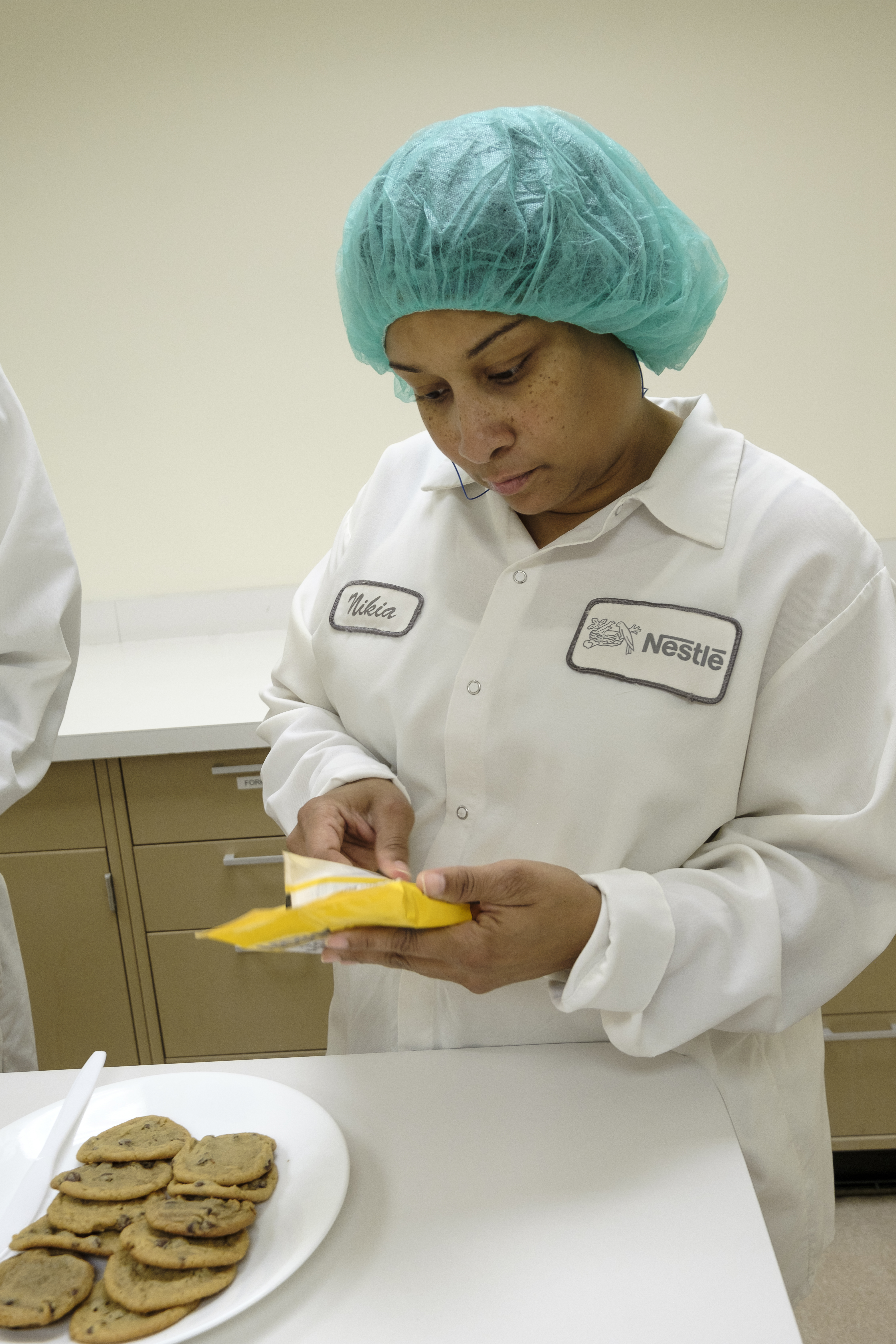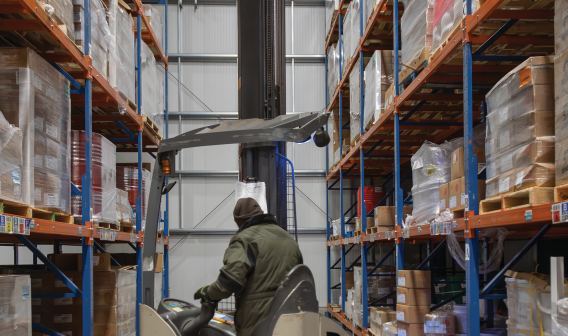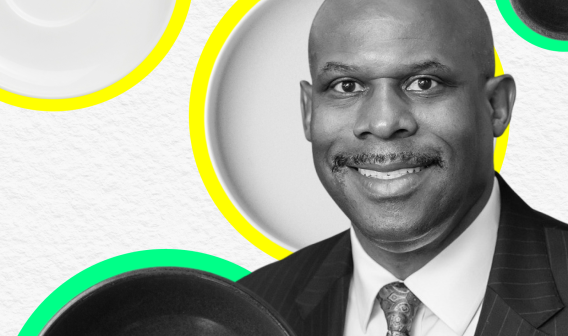
Nestlé USA is a subsidiary of Nestlé S.A., a leading global nutrition, health and wellness company.
Nestlé USA operates 79 manufacturing facilities and employs 48,000 people in the U.S. Nestlé USA operates two Virginia manufacturing facilities in Danville and King William, and moved its headquarters to Arlington in 2017.
Bill Cooper is chief technical officer at Nestlé USA.
Virginia Economic Review: As you look at Nestlé, what do you see as major trends from a manufacturing perspective in the U.S. over the next five to 10 years or so? How are things changing?
Bill Cooper: The first thing is that the way people shop certainly has changed in many sectors. We have typically built our manufacturing to be in full truckload quantities to distribution centers to retail channels. We believe, over time, that’s going to change and require us to be much more custom than we’ve been used to. We see the manufacturing landscape needing to be more flexible with how we package and deliver products in the future.
VER: Do you see automation and the internet being big factors as well?
Cooper: Yes, technology is certainly exploding. Digital is the term we use that encompasses a lot. You’ll hear things like connected worker, connected line, connected factories. The ability to use information, to gather information, and put it in the hands of people in the factory who can make best use of it in real time is a direction that we, and most of the industry, are striving toward.




